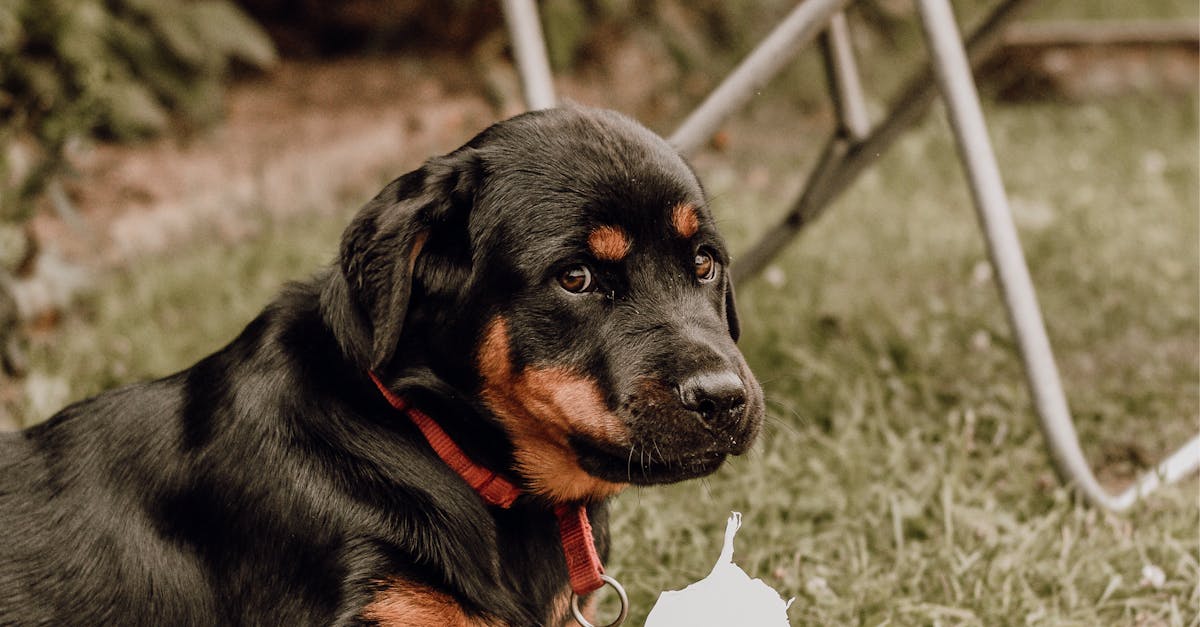Anteaters are undeniably fascinating creatures. With their long snouts, unique tongues, and quirky behaviors, it’s no wonder some animal lovers find themselves wondering: could an anteater make a good pet? While the idea might seem intriguing, there are many factors to consider before bringing such an exotic animal into your home. Let’s dive into the reality of keeping an anteater as a pet and whether it’s the right decision for you and the animal.
🩺 Vet Recommendations
Before considering an anteater as a pet, it’s essential to understand their specific needs. Unlike dogs, cats, or even more common exotic pets like reptiles or birds, anteaters have highly specialized care requirements that can be challenging to meet in a home environment.
Here are some key considerations:
- Diet: Anteaters eat primarily ants and termites in the wild. Replicating this diet can be difficult and expensive. They may require a specialized protein-rich substitute diet in captivity.
- Space: Anteaters are active animals that roam vast distances in the wild. They need a lot of space to move around, climb, and forage to stay healthy.
- Legal restrictions: Keeping an anteater as a pet is illegal in many areas without proper permits. Exotic animal ownership laws vary by state or country, so thorough research is a must.
- Veterinary care: Finding a vet experienced in treating exotic animals like anteaters can be challenging and costly. Routine checkups, vaccinations, and emergency care may not be easily accessible.
In short, owning an anteater is not the same as having a typical pet. Their care demands a deep understanding of their biology and behavior, as well as a significant time and financial commitment.
📋 Care Tips
If you’re seriously considering owning an anteater, here are some general care tips to keep in mind:
- Provide a large, secure enclosure with plenty of enrichment items like logs, climbing structures, and digging areas.
- Offer a balanced diet that mimics their natural nutritional needs. Some owners use a combination of insectivore diets, eggs, and supplements.
- Ensure the enclosure has proper temperature and humidity control, as anteaters are native to warm climates.
- Spend time socializing and interacting with your anteater to prevent boredom and stress.
- Schedule regular checkups with a vet experienced in exotic animal care.
Even with these measures, it’s important to remember that anteaters are wild animals, not domesticated pets. Their needs can never be fully met in a home setting, and this can lead to stress or health issues over time.
✅ Do’s and Don’ts
To summarize, here are the do’s and don’ts of keeping an anteater as a pet:
- Do: Research extensively about anteater care and behavior.
- Do: Check local laws and obtain necessary permits if required.
- Do: Consider adopting from a reputable rescue organization rather than purchasing from breeders or the wild.
- Don’t: Get an anteater without understanding the significant time, space, and financial commitment involved.
- Don’t: Assume an anteater will behave like a domesticated pet. They are solitary, independent creatures.
- Don’t: Ignore the ethical implications of keeping a wild animal as a pet.
💡 Expert Advice
As a veterinarian, my advice is to carefully reconsider whether an anteater is the right fit for you. While they are fascinating animals, they are not well-suited to life as pets for most people. Their care is complex, their needs are demanding, and their wild instincts cannot be fully tamed. For those who truly love anteaters, supporting conservation efforts or visiting them in sanctuaries or zoos may be a more ethical and fulfilling way to connect with these amazing creatures.
According to VCA Animal Hospitals, exotic pets often have specific needs that can make them unsuitable for most households (source).
FAQs
Q: Is it legal to own an anteater?
A: The legality of owning an anteater varies depending on where you live. Many places require permits or outright prohibit exotic animal ownership. Always check local laws before considering an anteater as a pet.
Q: Are anteaters dangerous?
A: Anteaters are generally not aggressive but can become defensive if they feel threatened. Their strong claws can cause serious injury, so handling them requires caution and expertise.
Q: What do anteaters eat in captivity?
A: In captivity, anteaters are often fed a specialized diet that includes insectivore food, eggs, fruits, and supplements. Replicating their natural diet of ants and termites can be challenging.
Book a $49 online vet consultation at https://www.dialavet.com for fast, expert advice.























